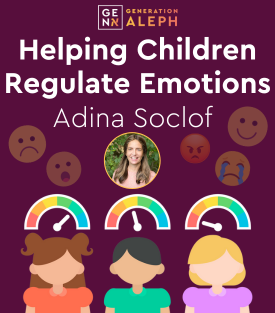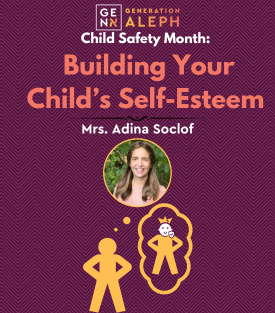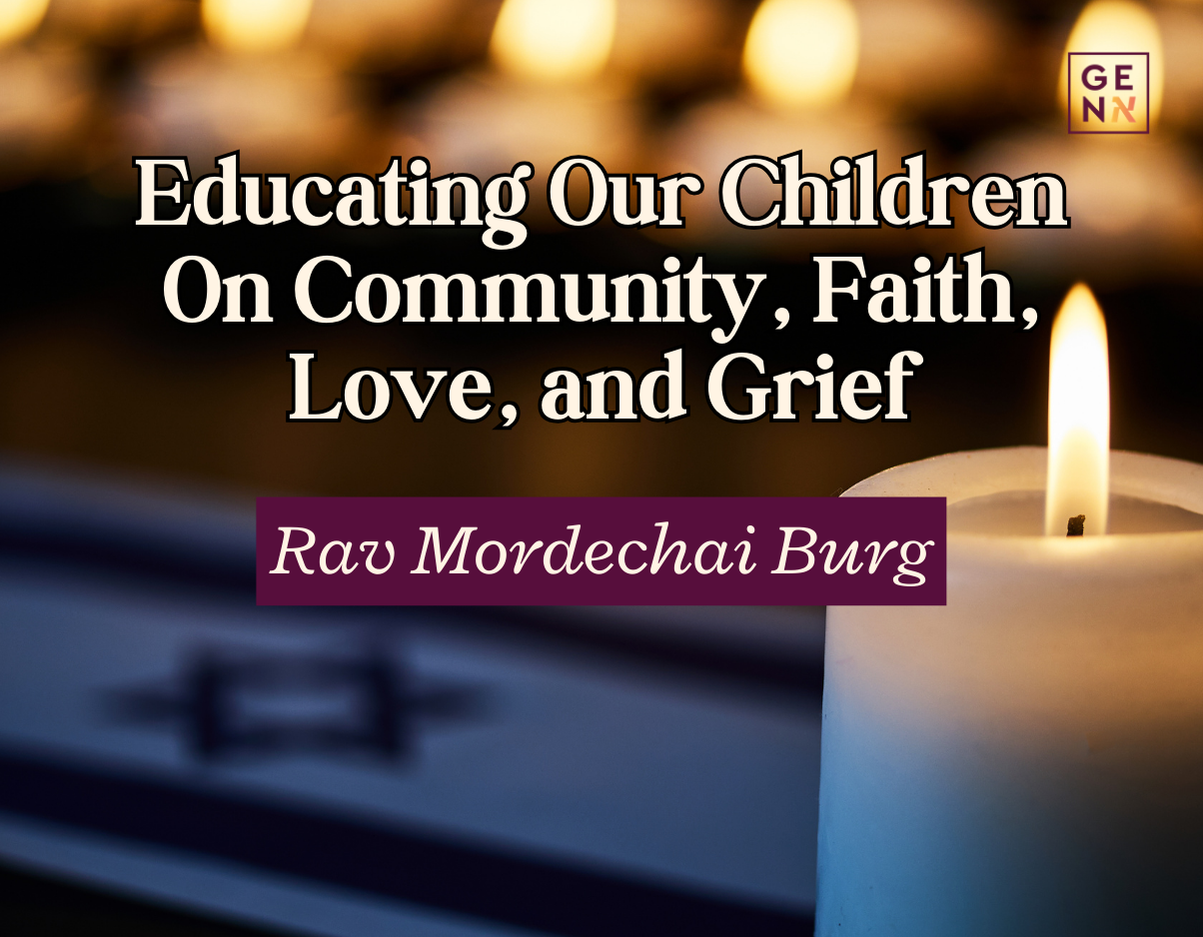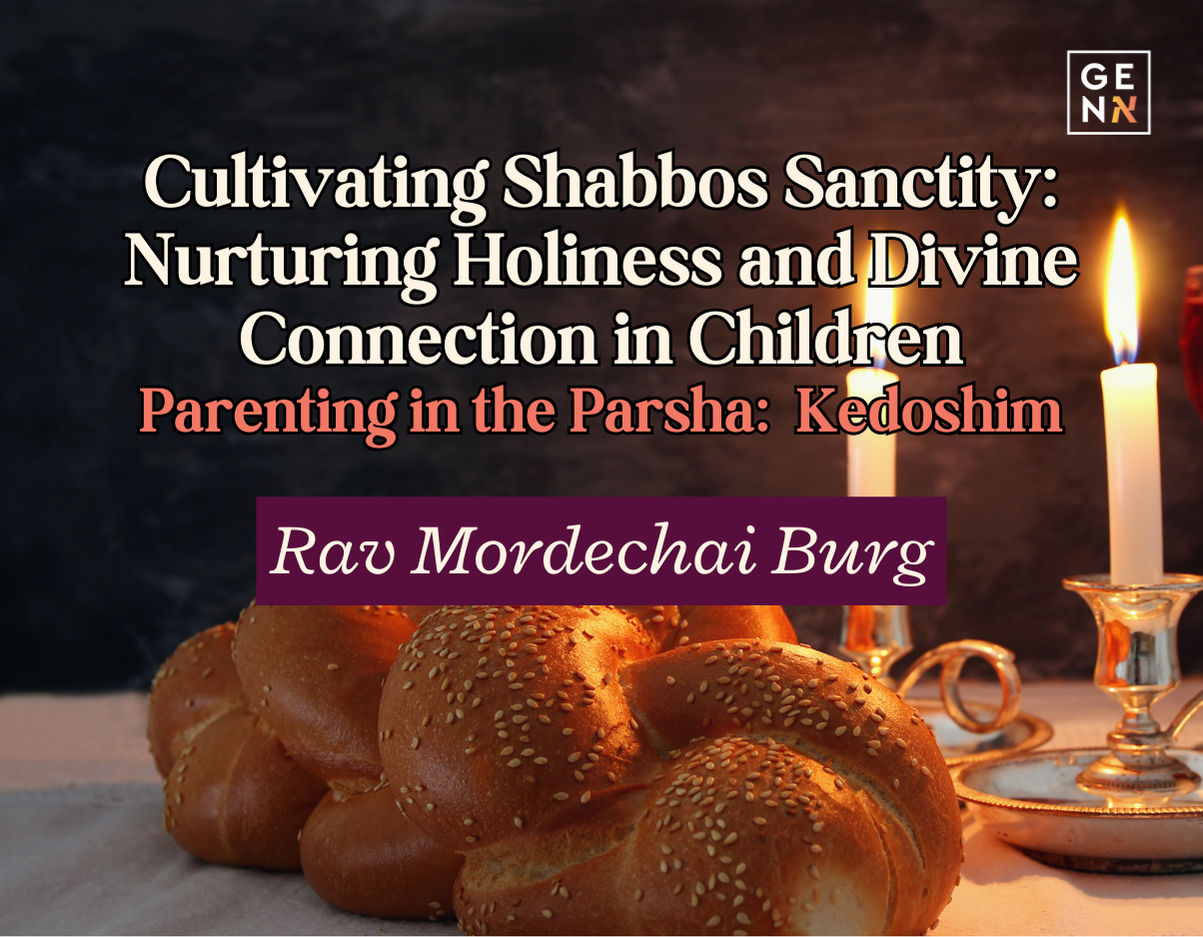הַיָּ֣ם רָאָה וַיָּנֹ֑ס הַ֜יַּרְדֵּ֗ן יִסֹּ֥ב לְאָחֽוֹר
The sea saw and fled; the Jordan turned backward. (Tehillim 114:3)
Dovid HaMelech is referring here to the miracle of the splitting of the sea that took place as Klal Yisrael was leaving Mitzrayim. What did the sea see that caused it to split? Chazal (1) explain that the sea saw the bones of Yosef HaTzaddik and because Yosef “fled” (2) from Eishes Potiphar, the sea “fled” from Klal Yisrael leaving a dry path for their safe passage. Indeed the Torah explicitly states (3) that Moshe Rabbeinu took the bones of Yosef to be buried in Eretz Yisrael. When the sea saw the bones of Yosef it split for Klal Yisrael.
But why was there a hesitancy to begin with? Why did the sea need to be convinced, so to speak, by the bones of Yosef that it should split? The Medrash (4) gives us some important backstory which provides critical context to explain the “hesitancy” of the Yam Suf. At the very outset of creation Hashem made the sea on condition that it would one day split for Klal Yisrael as they left Mitzrayim. Hashem showed the sea the souls of the Jews who would be leaving Mitzrayim and the sea agreed to Hashem’s condition. However, the Malachim saw the miracles that were being performed for the Jews and argued that both the Egyptians and the Jews worshiped Avodah Zara. Why then was Klal Yisrael deserving of such an exceptional miracle? When the sea saw the Jews that were gathered by the banks of the Yam Suf, they bore no resemblance to the souls the sea had been shown at the outset of creation, thus the hesitancy to split for Klal Yisrael. Only when the sea saw the bones of Yosef did it fulfill its condition and allow Klal Yisrael to pass. Still we are bothered, what is it about the bones of Yosef that inspired the sea to split? If they lacked the merit for the sea to split then why did the Yam Suf capitulate?
Chazal (5) tell us that the bodies of Tzadikim do not decay. How is it then that Yosef, the paradigmatic Tzaddik, had his bones taken out of Mitzrayim by Moshe? Perhaps we can suggest that the Atzmos Yosef refers not to the bones of Yosef but to the essence of Yosef. When viewed externally, one would have seen Yosef HaTzaddik in the midst of doing a terrible Avera with the wife of Potiphar. On the inside Yosef was in a tremendous battle within himself. The greatness of Yosef HaTzaddik is that his essence won the day and he was able to make a decision that aligned with his truest self. The Malachim who argued that Klal Yisrael as idolators were unworthy of being saved, the judgemental lens through which the Yam saw Klal Yisrael, was negated by the “bones” of Yosef. Just as Yosef in his essence remained pure and eventually fled from Eishes Potiphar, so too Klal Yisrael remained in their essence pure. Any mistakes we made in Mitzrayim were a product of our negative environment and does not truly represent who we are. When the Yam Suf was reminded of the story of Yosef HaTzaddik, it saw Klal Yisrael as the precious souls we truly are and split so that we, like Yosef HaTzadddik, would have the chance to flee from our debilitating environment.
Children, like adults, make mistakes. We can choose to judge our children externally or essentially. As parents we have a responsibility to pay attention to our children’s external behaviors in order to teach them how to behave appropriately. However, we must make sure to see our children not externally but essentially. When we see our children as fundamentally good, especially when they make bad mistakes, we give our children the gift of knowing that they can always change. Good people make bad mistakes and have the opportunity to rectify their behavior. If someone sees themselves as fundamentally bad or wrong how can we expect them to grow? They are behaving exactly as they see themselves.
The Yam Suf obviously does not have feelings or opinions. Perhaps Chazal meant to teach us that the sea did not split for Klal Yisrael because they did not see themselves as worthy of the miraculous. They knew their sin of idolatry and they believed that there was no difference between them and the Egyptians that were pursuing them. Perhaps there was a time at the beginning of creation where their souls were precious and pure but hundreds of years in Mitzrayim had fundamentally sullied their essence. When Moshe brought the bones of Yosef he was reminding Klal Yisrael of who they truly were and once they saw themselves through that lens, once they believed they were worthy of the miraculous, could the miraculous actually occur.
If we are being honest, I think most parents see their children with kindness and compassion. Most parents are excellent ombudsmen for their children when their children make mistakes. I would like to highlight a more subtle issue in our parenting: how do we see other people’s children? When we judge other children externally and without the kindness and compassion that we would treat our own children with, our children are paying careful attention. If we are highly critical of others, how can our children trust us when we tell them that we see them as they truly are? Not for their behaviors but for their essence.
I write this on the precipice of Bechina season for 12th graders. In just a short couple of weeks, Yeshivas and Seminaries from Eretz Yisrael will be conducting interviews and making the important decisions as to who are the best fits for their Chinuch system. Many of our children will be admitted into several Yeshivas/Seminaries and will have to make the decision as to where they should attend. This is a highly complex decision with a myriad of factors that go into choosing what is in the best interest of our children. No doubt that one of the factors will be the influence of their peers that will be attending said Yeshiva/Seminary. But, (!) how we talk about this with our children makes an enormous difference in their Chinuch!!! Our children grew up in diverse communities with varying levels of religious observance. They saw that diversity in elementary school, middle school and high school. In all likelihood they will have that diversity in their post Israel experience as well. And, as they get older and build their own families, they will raise their children in diverse communities. No doubt that the time in Israel, thousands of miles away from their homes, provides a greater opportunity for peer influence than while in high school and living at home. It makes sense to choose a Yeshiva/Seminary where you feel that there will be a positive peer influence on your child and that is an important Chinuch conversation. And yet, it must be done with great sensitivity and precision. If we tell our children, “I don’t want you to attend that Yeshiva because in that Yeshiva the boys do (fill in the blank)” what happens if our child makes that very mistake when they are in Israel? How will they see themselves? As a fundamentally good kid who made a bad mistake or as the bad kid my parents warned me about? The difference is that the child who sees themselves as fundamentally good has the capacity to do Teshuva. They see themselves, despite their misdeeds, as worthy of Hashem’s love and compassion. The child who sees himself as fundamentally bad lives out his paradigm and as Chazal teach us, one Avera leads to another (6). Instead we can say to our children, “Peer influence is an important factor in considering which Yeshiva/Seminary you choose. Being away from home will provide you with many opportunities and experiences that may challenge you in new ways. Even really good kids will make bad mistakes from time to time and we want you to think about what the best environment will be to bring out your essential self.” This may seem like splitting hairs but it is not. It is, with subtlety and complexity, communicating to our children that peer pressure is real and needs to be taken seriously and we are not defined by our lowest moments. As parents we must remember that our children are listening very carefully and how we view mistakes meaningfully impacts our children’s paradigm. May we all be blessed to see ALL of Hashem’s children through the lens of kindness and compassion just as Hashem does.
Sources:
(1) Medrash Shocher Tov on Tehillim 114:3, see also Medrash Tanchuma Bereishis, Vayeshev 9 and Bereishis Rabbah 84:5, 87:8
(2) Bereishis 39:12
(3) Shemos 13:19
(4) Bereishis Rabbah 5:5, Yalkut Shemoni, Shemos 234
(5) Baba Basra 17a
(6) Avos 4:2
Submit your questions
"*" indicates required fields











